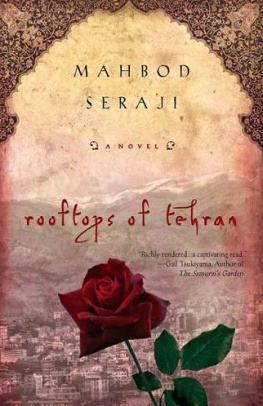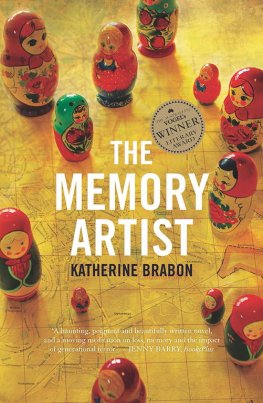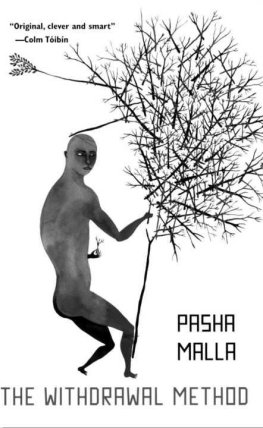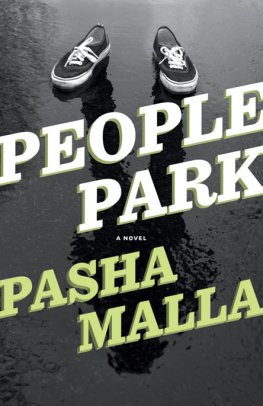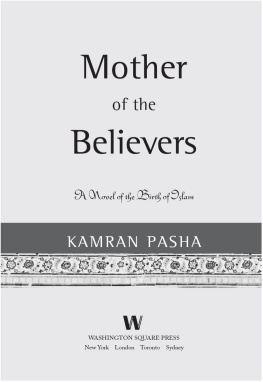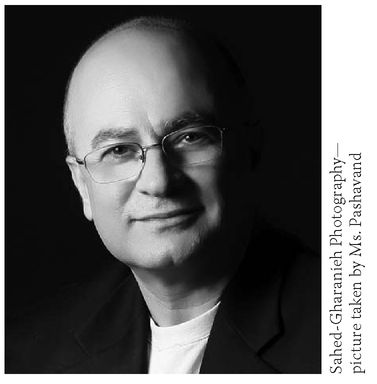Acknowledgments
Thank you to Marian Clark, Tim and Sue Ellen Kane, Sudi Rafian, Kevin Daniels, Kim Levin, Nancee McVey, Laura Hubber, Mojgan Seraji, Mehri Safari, Kamran Heydarpour, Donnell Green, Debbie Shotwell, Nancy Fallah, and Mauni Seraji for your enthusiastic cheers during the course of my writing this book. Each of you, in your own unique way, made me believe that I had a story worth sharing.
Stephanie Howse: my heartfelt gratitude for your keen perspectives and insights, and for the ways in which you keep helping.
My dear Sepi: Your insight helped me unravel Pasha better than I ever could by myself. And thanks for cheering me on all the away to the end.
Thank you to my agents, Danielle Egan-Miller and Joanna Mac-Kenzie of Browne & Miller Literary Associates, for your faithful determination, for never giving up, and for being the catalysts for a life-changing experience. Thanks, too, to Alec McDonald for your editorial help and to Mariana Fisher for your early enthusiasm.
And finally, to Ellen Edwards, my gifted and diligent editor: Thank you for taking a chance on me, and for taking on the responsibility of sharing my book with the rest of the world. Working with you has been the ultimate learning experience.
Mahbod Seraji was born in Iran and moved to the United States in 1976 at the age of nineteen. He attended the University of Iowa, where he received an MA in film and broadcasting and a Ph.D. in instructional design and technology. He currently works as a management consultant, and lives in the San Francisco Bay Area.
Please visit him on the Web at mahbodseraji.com and rooftopsof tehran.com.
Dear Reader:
Im thrilled to welcome you to the world of Rooftops of Tehran.
I discovered the gift of reading when I was ten years old, sitting on my own rooftop in Tehran and losing myself in a Farsi translation of Jack Londons White Fang. I was blown away by the power of words to take me to a place I hardly knew and make me feel as if Id lived there all my life. It was an experience that never left me. Much later, I began to write stories of my own and quickly realized that writing was more satisfying than anything else Id ever done. Id start early in the evening and pause at dawn, exhausted, elated and barely aware that the night had passed.
In writing Rooftops of Tehran, I wanted to acquaint readers with Iran, and bring to life a small part of the centuries-old Persian culture. At a time when the country of my birth is often portrayed in the news media as the enemy, I chose to tell a story about friendship and humor, love and hope, universal experiences valued by people in all times and places. I wanted to show a side of Iran thats usually hidden from viewits warm, funny, generous people. Perhaps as you read the novelas you meet Pashas friends Ahmed, Faheemeh, Doctor, Iraj and Zari; as you accompany Pasha down the alleys of his neighborhood; as you spend a night on his roof, peek into his neighbors window, and fall in love with the girl next dooryoull understand my affection for Iran and its people. And you will see why the flame of hope for Iran still burns so fiercely in my heart, and in the hearts of so many Iranians at home and abroad.
Since I first lost myself in White Fang so many years ago, Ive read hundreds of books, and often wished afterward that I could share my thoughts and feelings directly with the author. So I invite you to contact me. If youd like to express a comment about Rooftops of Tehran, or if your book club would like to arrange a visit via speakerphone, just send a note to Mahbod@ rooftopsoftehran.com. Id be delighted to discuss my novel, and share my story.
Best! Mahbod Seraji
READERS GUIDE of Tehran
Mahbod Seraji
READERS GUIDE
READERS GUIDE
A CONVERSATION WITH MAHBOD SERAJI
Q. Youve lived in the United States for thirty-two years, since you arrived at the age of nineteen. What inspired you to write your first novel at this point in your life, and how much is it based on actual events?
A. Thank you for letting everyone know that Im an old man!
Q. Old? I dont see how thats possible since Im several years your senior, and Im in the prime of life!
A. Ah, but its well known that editors remain forever young. Anyway, getting back to your question, Ive wanted to write ever since I was ten years old when I read my first book, Jack Londons White Fang, a translation into Persian from the original English, on the same rooftop thats depicted in this novel. But life always got in the way of my writing. Then, a few years ago, I lost my job, and that was the best thing that ever happened to me. I started writing and havent stopped since.
As for the novel, some of it is based on actual events, but not all of it. So its important to point out that this is not an autobiography. Its also important to note that I fictionalized Golesorkhis trial by changing the date and some of the words he used defending himself in court.
Q. You came to this country speaking very little English, but have obviously mastered the language. How did you accomplish that, and what was it like to face the formidable challenge of learning a foreign language, in a strange new land, without the support of family nearby?
A. I wish I could say that Ive mastered the English language. Theres always more to learn! Learning a new language is a challenge faced by millions of people living in countries other than their homelands, and learning English is hard. One of the hardest things Ive ever done. When I first came to the United States, I ate Big Mac, Small Fries, Small Coke for six weeks because thats all I knew how to order. Im sure the McDonalds Corporations revenue skyrocketed that quarter! The trick to learning any foreign language lies in assimilating yourself into the culture of your host country, mingling with the native speakers, watching lots of television, andthe one factor that unfortunately many people ignorereading as much as you can. The first non-textbook English-language book I read was Erich Fromms Art of Loving. And for me that translated into the Art of Loving to Read. Since then, Ive been reading religiously. Some of my favorite authors are named in Rooftops of Tehran: Emile Zola, Fyodor Dostoyevsky, Maxim Gorky, Jack London, John Steinbeck, Bernard Shaw, Noam Chomsky, and many others.
Q. In the novel, you convey the love-hate relationship that Persians had with the United States in the 1970sand some very funny misconceptions. The U.S. was the power behind the oppressive Shah, and thus their hated enemy, yet also a place whose freedoms and opportunities beckoned to themwhat an emotional tug-of-war that contradiction must have created! What surprised you about American society when you arrived here, and what misconceptions about Iran do you still encounter among Americans?
A. I dont want to generalize or offend anyone in either country, so please forgive me if I do. Americans are wonderful people: kind, accepting, honest. They tend to do as they say and act in fair-minded, balanced ways. This countrys higher education system is excellent, both in terms of quality and accessibility. Here anybody can go to college. Many countries simply cant accommodate many students. And by the way, most people who came here in the seventies came to get an education. They didnt wake up one morning and say, Im going to America to be free. They said, Ill go there to get an education. Thats an important distinction. It was only after they were here for a while that they fully appreciated the freedoms we enjoy here.

